I’ve an urge to do some plain air sketching. So been Googleing
Plein Air Brooks: June 2010 Portland Plein Air Paintings

“Portland Steamer” Oregon Maritime Museum, SW Pine and SW Naito, Portland Oregon


Walter Logeman: Journal
I’ve an urge to do some plain air sketching. So been Googleing
Plein Air Brooks: June 2010 Portland Plein Air Paintings

“Portland Steamer” Oregon Maritime Museum, SW Pine and SW Naito, Portland Oregon

Who Shall Survive? Can we survive? Maybe. — Posted on April 26, 2010
I talk about Wisdom Councils and some important principles of sociometry.
Here is the report where DOC lays down the conditions for the dams.
I note they say social and cultural impact are not in their brief. Amazing. Who is it then who assesses the social and cultural impact?
My trip was amazing and it would be one of the Great Walks if it were linked to the Mokihinui. The contrasts in terrain and scenery just as far as Poor Pete’s hut were dramatic.
Photos follow. Note the beautiful wetlands in the Matiri Valley, all under threat.



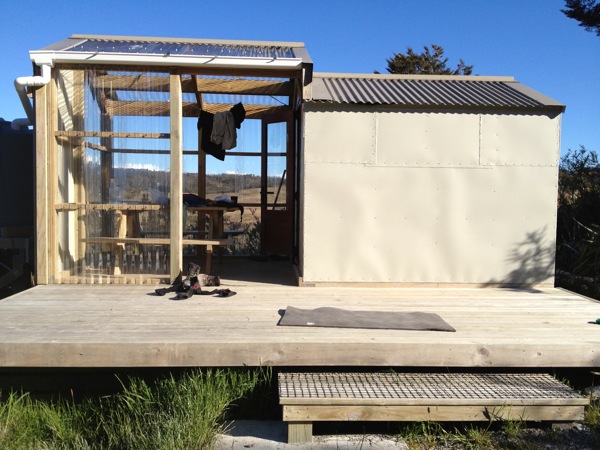
Poor Pete’s hut.
Planning a tramp here, and then find that there is a threat. I hate that!

DOC’s hydro approval damns bats | Stuff.co.nz: “DOC’s hydro approval damns bats
HELEN MURDOCH
Last updated 13:00 26/05/2011
Continue reading “DOC’s hydro approval damns bats | Stuff.co.nz”
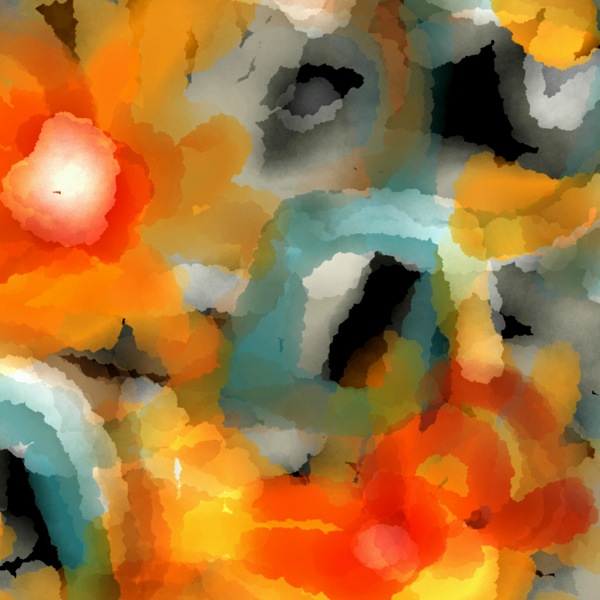
Just one of about 15 for sale on Felt. – I can still do them before Christmas, hurry.
http://felt.co.nz/shop/waltzzz
Kevin Kelly (What does Technology Want? p196) quotes George Lucas:
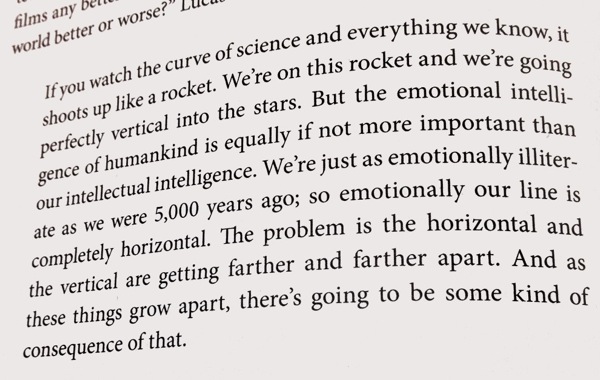
Just maybe that is about to change (Perhaps on December 21?? 🙂
I think we are in a rapid change right now. It will be more visible soon. I think the feminist consciousness, the decline of religion, urbanisation, education are all leading to a shift in consciousness that means there will be ever more psychotherapists.
See also:
I’m uploading this via Mars Edit and then hopefully it will show a retie resin appropriate image on retina displays. And smaller one on other displays.

That was sent up as 2414 × 6992 (16.9 MP) — can it handle that?
Maybe something more reasonable, 2448 × 3264 (8.0 MP):
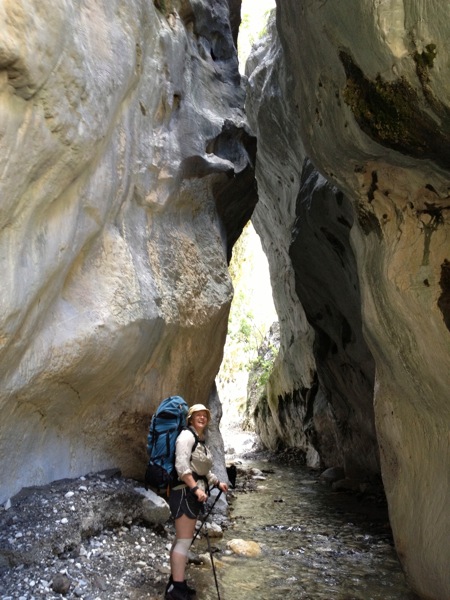
Later: These images do look remarkably sharp on my non retina MacBook Pro with the setting to always serve the retina images.
I’ll try it without.
Later:
Seems to make no difference – be good to hear from someone with a retina MacBook Pro
These images were from a recent walk up the SawCut gorge north of kaikoura.
http://culturalicons.co.nz/resources
This is an amazing site. A treasure. Video Episode after episode of long outpourings by interesting people. Most of them quite old!
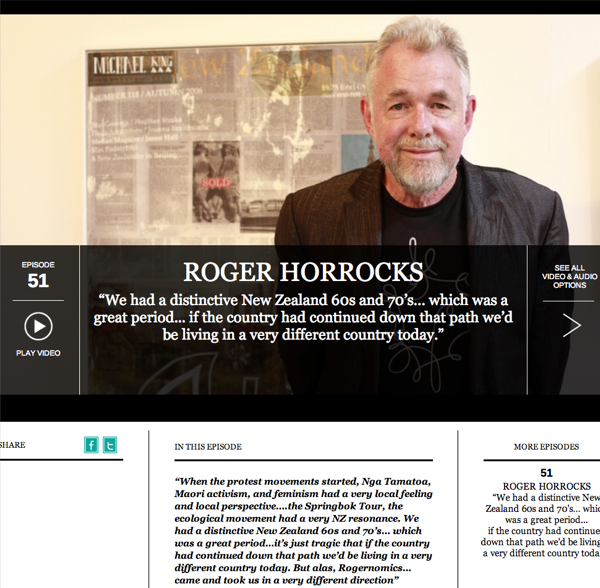
The book by Kevin Kelly “What does technology want continues stimulate my thinking.
He is eloquent on the evolution of tech. To make his case he draws on parallels in biological evolution. He comes up with principle after principle that are deep insights into any change process. He reminds me constantly of Frederick Engles and on the dialectics of nature. There are principles of change that go beyond one sphere.
Today it is this S curve that grabbed me.
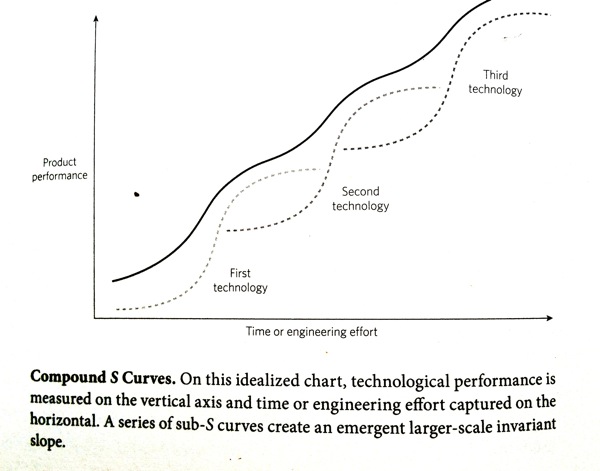
You would need to read the chapter to fully get it, but take the example of rail road air as the three levels of technology that work together to ensure that transport increased at a constant level, of say miles, speed and lower costs.
What I do is relate this to the evolution of psychotherapy. Or lets call it conscious intimate relationships. A mere 40 years ago there were about 10 therapists/counsellors in Christchurch, now it is more like 400. What is that curve about? The psyche is on the move!
I imagine the three technologies are:
Analytical psych
Humanistic Psych
And now still in the lower reaches of its s curve, relationship psych